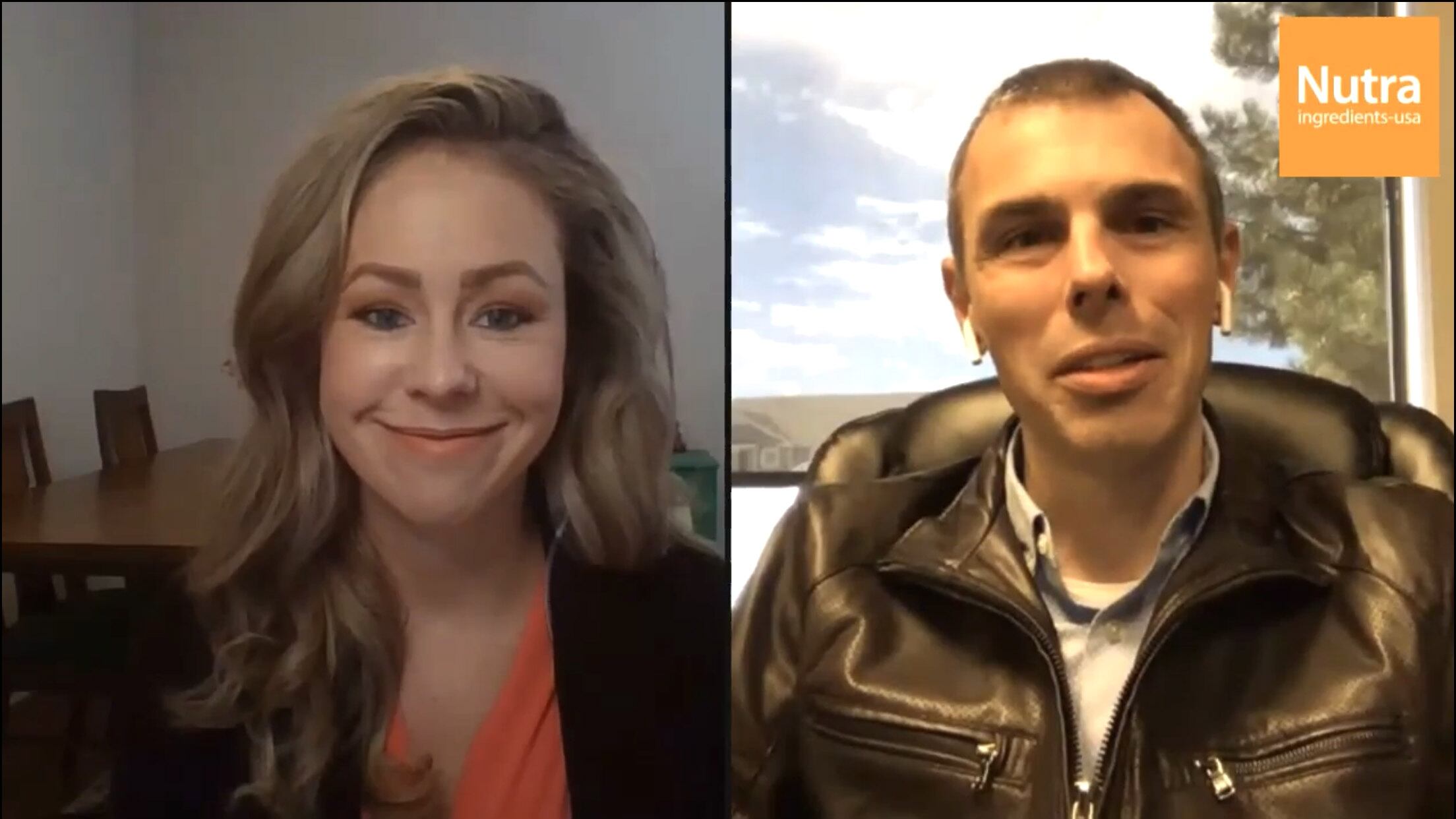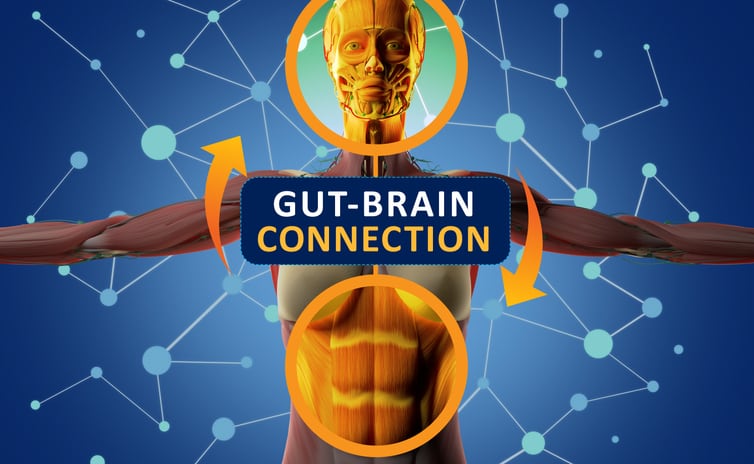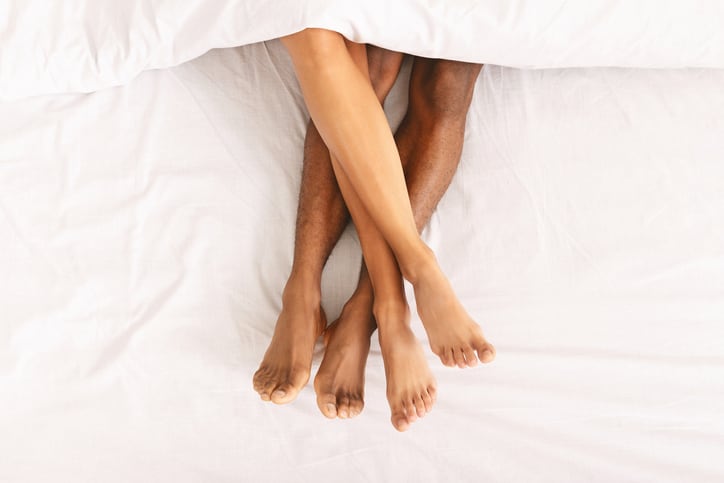Over the years, a number of studies have popped up underscoring CBD’s ability to improve mental wellness. In 2010, a study found that CBD helped reduce anxiety in people with social anxiety disorder, or SAD. Similarly, a 2011 study found that CBD reduced social anxiety related to public speaking. A 2014 research study found that appropriately dosed CBD oil had antidepressant-like and anxiolytic-like effects. A 2015 analysis found that CBD continued to reduce stress and social anxiety. In 2016, research found that CBD significantly reduced PTSD-induced anxiety and promoted healthy sleep patterns.
Jen Palmer, ND, Director of Education for CBD firm Charlotte’s Web, told us that sleep is highly sought after, with their Sleep Gummies being a top-seller: “During these pandemic days, people are also turning to Charlotte’s Web for sleep support. The high levels of stress that most of us are currently dealing with can be very detrimental to sleep and can interfere with our ability to feel grounded.”
“Charlotte’s Web customers have been turning to full spectrum hemp extracts to help support their mood and alleviate occasional stress,” said Palmer, adding that the top reason people turn to CBD is for support with everyday stresses and occasional anxiety.
Kat Merryfield, founder of CBD brand Kat’s Naturals, said about one-third of her customers seek out CBD for anxiety and depression. “Many report that they can see an immediate (acute) response to the CBD treatment if they are in an active anxiety or panic attack, that it helps with sleep when insomnia is induced by anxiety, and taken over time has helped with depression, overall anxiety of certain situations that they once had fear of (extinction of fear memories) and has helped with calming them in stressful situations or when feeling ‘impending doom.’”
What science says
Merryfield, a natural health practitioner with a background in formulation, said that research suggests CBD is very promising for helping with stress and anxiety. “CBD has direct interactions with our serotonin and vanilloid receptors in our brains which help our bodies regulate mood and respond to stressors. The vanilloid system deals a lot with our ‘reward and punishment’ mechanism and serotonin is thought of as our ‘happiness’ receptor. Studies have shown that taking large doses of CBD is not effective dealing with anxiety, but tends to have a more significant effect in moderate doses. Systemically administered CBD reduced acute increases in heart rate and blood pressure induced by restraint stress, as well as the delayed (24 h) anxiogenic effects of stress. It also inhibits the ‘escape’ response in people with panic disorder.”
Indeed, a number of studies highlight CBD’s potential, including “Effects of Hemp Extract on Markers of Wellness, Stress Resilience, Recovery and Clinical Biomarkers of Safety in Overweight, But Otherwise Healthy Subjects,” which was recently published in the Journal of Dietary Supplements.
Hemp CBD supplier and manufacturer CV Sciences announced the research in June, which used their PlusCBD products for the study.
Lead author of that study, Dr Hector Lopez, told NutraIngredients-USA that the research “demonstrated a signal for improvements in perceived stress response, sleep, and life pleasure, while being well-tolerated across key biomarkers of health with a dose of 60 mg of full-spectrum CO2 hemp aerial parts containing 15 mg CBD.”
Dr Lopez added that the findings align with the totality of pre-clinical and mechanistic science on how CBD (potentially along with other minor cannabinoids and terpenes) may influence neurochemistry and molecular networks.
Does the CBD-THC ratio matter?
“The technical answer is...we don't really know just yet,” said Dr Lopez.
Many who take CBD desire the medicinal benefits associated with cannabis without experiencing the psychoactive effects of THC. CBD typically has trace amounts of THC, which usually goes unnoticed.
“However, the available clinical data and empirical research supports that CBD-dominant formulations or compositions may be more suited for decreasing anxiety, improving mood and stress resilience, while simultaneously limiting any psychotoxic impairment. Whereas, a THC-dominant formulation may have more benefits for certain pain conditions,” explained Lopez.
Indeed, research suggests whole-plant preparations are better than single preparations because the raw plant contains a blend of cannabinoids, terpenes, and flavonoids that work synergistically to create an entourage effect.
“A full spectrum hemp extract contains less than .3% THC by definition. Despite this small amount of THC, it is believed to contribute to the “entourage effect”, which is the synergy of all the naturally occurring phytocompounds that the hemp plant offers. Higher levels of THC (found only in marijuana) can cause a euphoric effect, which sometimes worsens anxiety, instead of alleviating it. So yes, the CBD-THC ratio matters,” explained Palmer.
“When paired together, CBD helps to mitigate the anxious feeling sometimes experienced from taking THC. In this sort of situation, studies have found CBD to be more helpful when taken together with THC and not as an ‘antidote.’ Studies have not shown that CBD is ineffective in helping with anxiety without THC, and that it is fine used alone, but that dosages are more important in these models,” noted Merryfield.
Research props up the young category
For many consumers, the healthcare system’s solution to stress and anxiety falls short, with most physicians having little to no formal education on cannabinoids.
“The endocannabinoid system was discovered in the 1990s, however, to this date, there are many medical schools which are still not teaching their students about this important part of human physiology,” Palmer pointed out.
Lopez agreed, saying the endocannabinoid system hasn’t been a major emphasis in graduate medical education in the United States, however, “there has been a push toward increased adoption from the explosion in research along with trends amongst practitioners and patients alike over the last 5-10 years. Many more physicians are seeking continuing education and training in the responsible use of CBD and other phytocannabinoid or endocannabinoid products as part of their expanding therapeutic armamentarium.”
While decades of prohibition stifled research, the industry is making headway. With more companies choosing to invest in clinical studies, the growing research will help mature the category and present fresh options for those struggling with stress and anxiety.




